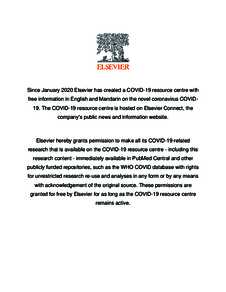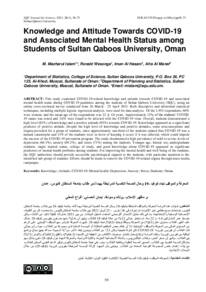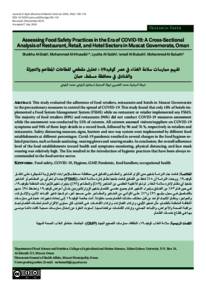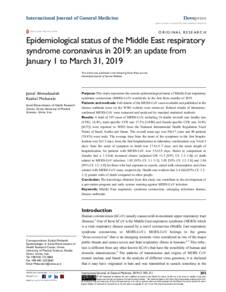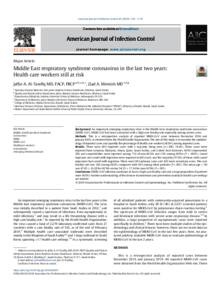وثيقة
Development of saline loaded mask materials, evaluation of the antimicrobial efficacy and survivability of selected bacteria on these mask materials.
المعرف
DOI: 10.1016/j.jksus.2022.102125
المصدر
Journal of King Saud University - Science. V. 34, 5, 102125
المساهمون
الدولة
Netherlands.
مكان النشر
Amsterdam
الناشر
Elsevier B.V.
ميلادي
2022-07-01
اللغة
الأنجليزية
الملخص الإنجليزي
Objective: Surgical face masks have been recommended by World Health Organization (WHO) during the COVID-19 pandemic. Nowadays wearing masks have become a norm and lifestyle around the globe. The present investigation was carried out to evaluate the feasibility of developing masks loaded with analytical grade sodium chloride (NaCl), Iodized salts (IS) and Omani sea salt (OSS) with or without sodium bicarbonate (NaHCO3). Methods: The saline loaded masks were prepared by soaking the middle layer of the mask in 30% (w/v) saline solutions (NaCl, IS, OSS) with or without 10% NaHCO3 for 24 h followed by drying at room temperature. The prepared saline solutions and its combinations were evaluated for antimicrobial efficacy against the bacteria like Escherichia coli, Pseudomonas aeruginosa, Proteus vulgaris, Salmonella typhi, and Staphylococcus aureus, and antifungal activity against the Penicillium spp. and Rhizopus spp. by agar diffusion. Optical microscopy was employed to observe the formation of salt crystal in the mask material. Survivability of S. aureus and P. aeruginosa was tested on the mask material loaded with 30% OSS + 10% NaHCO3 at particular time intervals. Results: The results showed that a combination of 30% OSS + 10% NaHCO3 exhibited promising antimicrobial activity against all the bacteria as well as Rhizopus spp. compared to the 30% IS + 10% NaHCO3. Moreover, the middle layer of the mask loaded with saline solutions of 30% OSS + 10% NaHCO3 or 30% IS + 10% NaHCO3 have antibacterial activity, particularly for oral microbiome. On dehydration, the masks materials showed the presence of a significant amount of salt crystals. Survivability tests showed that both S. aureus and P. aeruginosa were killed within 3 h of contact with the salt crystals on the mask materials. Conclusions: A combination of 30% OSS + 10% NaHCO3 possessed significant antimicrobial activities on the tested microorganisms. Presence of a significant amount of salt crystals on dehydration of the saline loaded masks can be used as an effective protective barrier to infectious respiratory agents.
ISSN
1018-3647
URL المصدر
قالب العنصر
مقالات الدوريات

